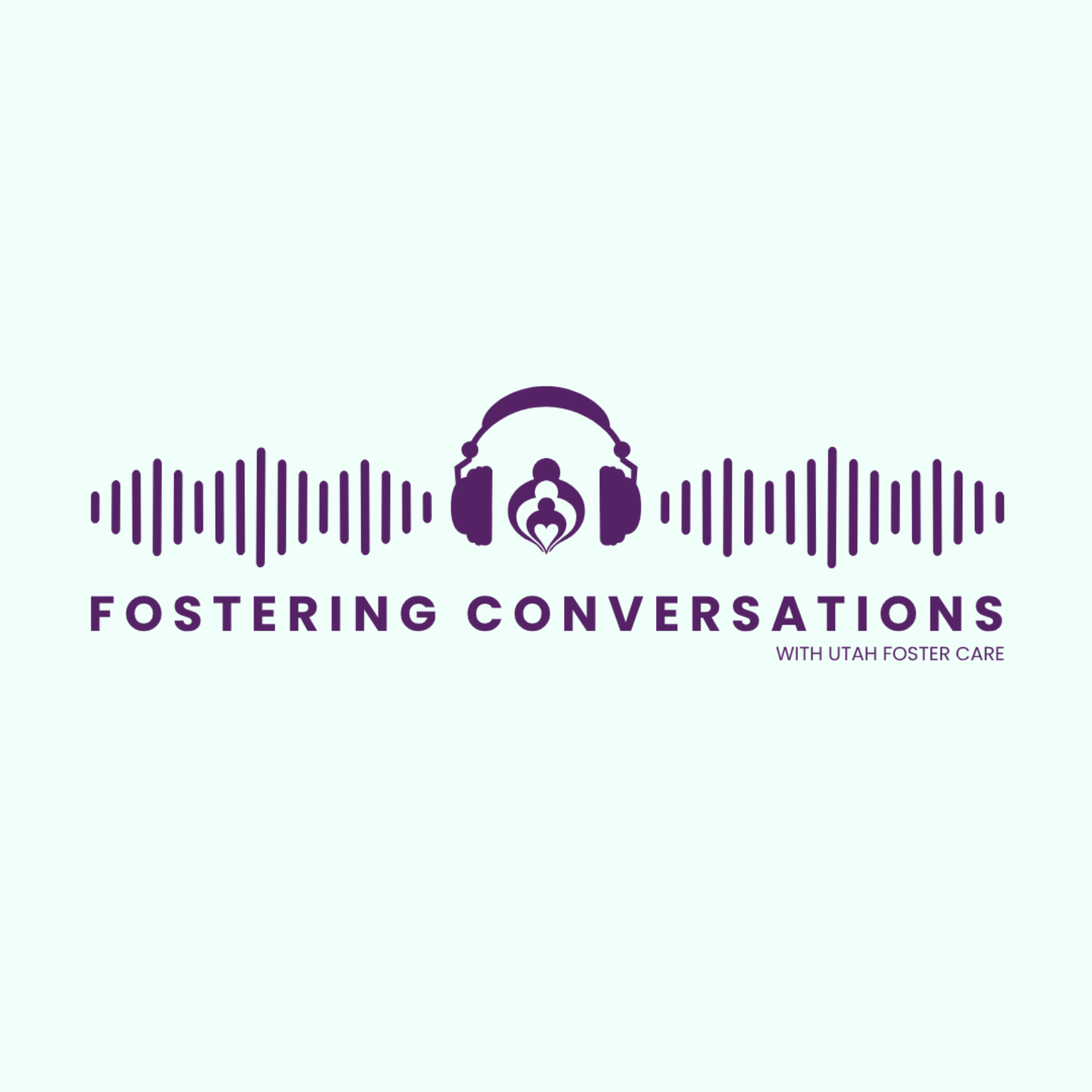Listen " Ep 65: Blocked Care "
Episode Synopsis
In this episode of Fostering Conversations, host Amy Smith talks with Utah Foster Care clinical support specialist and LCSW Les Harris about blocked care: why it happens, how it impacts foster parents, and practical steps to restore connection. Les explains how chronic stress can suppress the parenting response system, making it difficult to feel joy or affection toward a child, even when we deeply care. They discuss what blocked care looks like, why it’s different from burnout, how small “doses” of positive interaction can rebuild connection, and why acceptance, playfulness, curiosity, and empathy are powerful tools for healing relationships.
Resources mentioned in this episode
Brain-Based Parenting by Daniel Hughes & Jonathan Baylin
What Happened to You? by Dr. Bruce Perry & Oprah Winfrey
Utah Foster Care Clinical Support Services
Transcript:
Amy: On today’s episode, we’re talking to Les Harris, a Utah foster care clinical support specialist, and LCSW about blocked care and how it affects foster parents. Welcome to Fostering Conversations. I’m your host, Amy Smith. Today we have Les Harris who works for Utah Foster Care as the clinical support specialist, and also is an LCSW. Welcome Les.
Les: Thank you. Happy to be here.
Amy: Today we’re excited to be talking about blocked care. Blocked care really affects foster parents, but it affects all parents. So will you give us the dumb down version of what blocked care is?
Les: It’s one of those terms that’s relatively recent in the trauma informed literature, even though we know it’s been around forever. So it’s often used in, as you said, in foster care, adoptive care and in parenting in general. It’s a, it’s refers to the chronic stress that often comes with working with children with difficult emotions and behaviors, and forces the parent then to shut down emotionally and almost stop caring about the child.
It’s and in other words, they no longer find joy in parenting,
and that’s one of the most common outcomes where. Foster and adoptive parents, when they get pushed emotionally, their own parenting response system starts to shut down, and the next thing they know, they don’t even want to be around the child
anymore. And so that’s the basic definition but there’s so much more to it in the context of why does that happen? What do I do about it when it happens? And so on and so forth. So we’ll probably get into to more of that as we go.
Amy: Yeah, I know that when I started fostering, I had never heard that term. It was very interesting to me to learn about it from you and from different classes and things that I went to as a foster parent to, to understand that. So maybe we can just start, by talking about what are some of the reasons why a parent might be facing blocked care?
Les: Yes. I think that’s important because once we have a bit of awareness about the underlying causes and why it’s happening, then it gives me at least some information I could use to, to change some things about my approach to parenting, some of the most difficult children that will ever encounter. So, Let me go back.
I’m gonna get back to basics. Talk a little bit about. The idea that all humans, are born with an instinct, as we get older, particularly, and you can even see this in young children, but particularly as we start to get a certain age, we start to, that nurtur...
More episodes of the podcast Fostering Conversations with Utah Foster Care
Ep 64: Building Care Communities
07/10/2025
Ep 63: Native Voices
09/09/2025
Ep 62: Aging Out Strong
02/08/2025
Ep 61: Support Through Service
08/07/2025
Ep 60: Safe Homes, Strong Kids
03/06/2025
Ep 59: Common Thread
13/05/2025
Ep 58: Celeste Edmunds
08/04/2025
Ep 57: Laura ~ Foster Parent Mentor
11/03/2025
Ep 55: With Siblings ~ Daniela Coats
07/01/2025
 ZARZA We are Zarza, the prestigious firm behind major projects in information technology.
ZARZA We are Zarza, the prestigious firm behind major projects in information technology.
